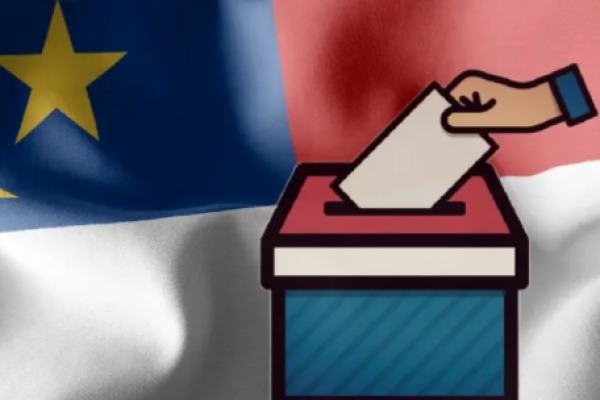What’s next after the collapse of Melaka’s State Assembly?
The collapse of the Melaka state legislative assembly is a reflection of the continuing discord within UMNO, and by extension PN, both on a state and national level. Speaker Ab Rauf Yusoh making the announcement of the collapse and not the Chief Minister, is an indication of this, and that power does not solely lie in the CM’s hands. From an observer’s point of view, this series of events is a ramification of the inability of the state government to diffuse tension by reaching out and ensuring a bipartisan governing approach to follow through, such as the lack of follow-up for [TS35?] indicating a lack of understanding from both sides.
The state government is significant as it oversees local authorities and enacts supplementary programs where federal implementations fall short. There are different dynamics between the federal and state government; not all realignment efforts, such as the recently signed MOU, will necessarily reflect at a state level, which was reflected when many political observers called for a similar MOU across state governments as well. The collapse of Melaka’s state assembly is a reflection of the need for the state government to form common ground with the opposition to govern stably before the next GE, as political realignments continue to take place. It is difficult to predict what’s next in the internal conflict progression, but it can be seen that UMNO is trying to sort out their differences, which will hopefully reflect in PN as well. Things could continue to change within the next few months. Meanwhile, SPR needs to properly form and ensure reform guidelines and necessary SOPs for implementations such as postal voting, regardless of the pandemic’s status in the time to come, as our democracy is just as essential.
The current conflict between coalitions lies in the outdated assumption of a “big brother” political party – where political parties are vying to be the dominant force within a coalition. However, one party trying to exert influence over the other will simply trigger more animosity among their partners, making further cooperation impossible. Current parties must accept that “big brother” political parties are no longer feasible so that they can move forward to politics that would be beneficial to both the government and the opposition. The recently signed MOU is a hopeful indicative towards a multi-partisan approach that benefits the people where continuity between policies can be maintained, and a society where they can find a common ground and work towards a broader policy-making angle that benefits all parts of society can be formed.
Produced by: Dashran Yohan
Presented by: Dashran Yohan

